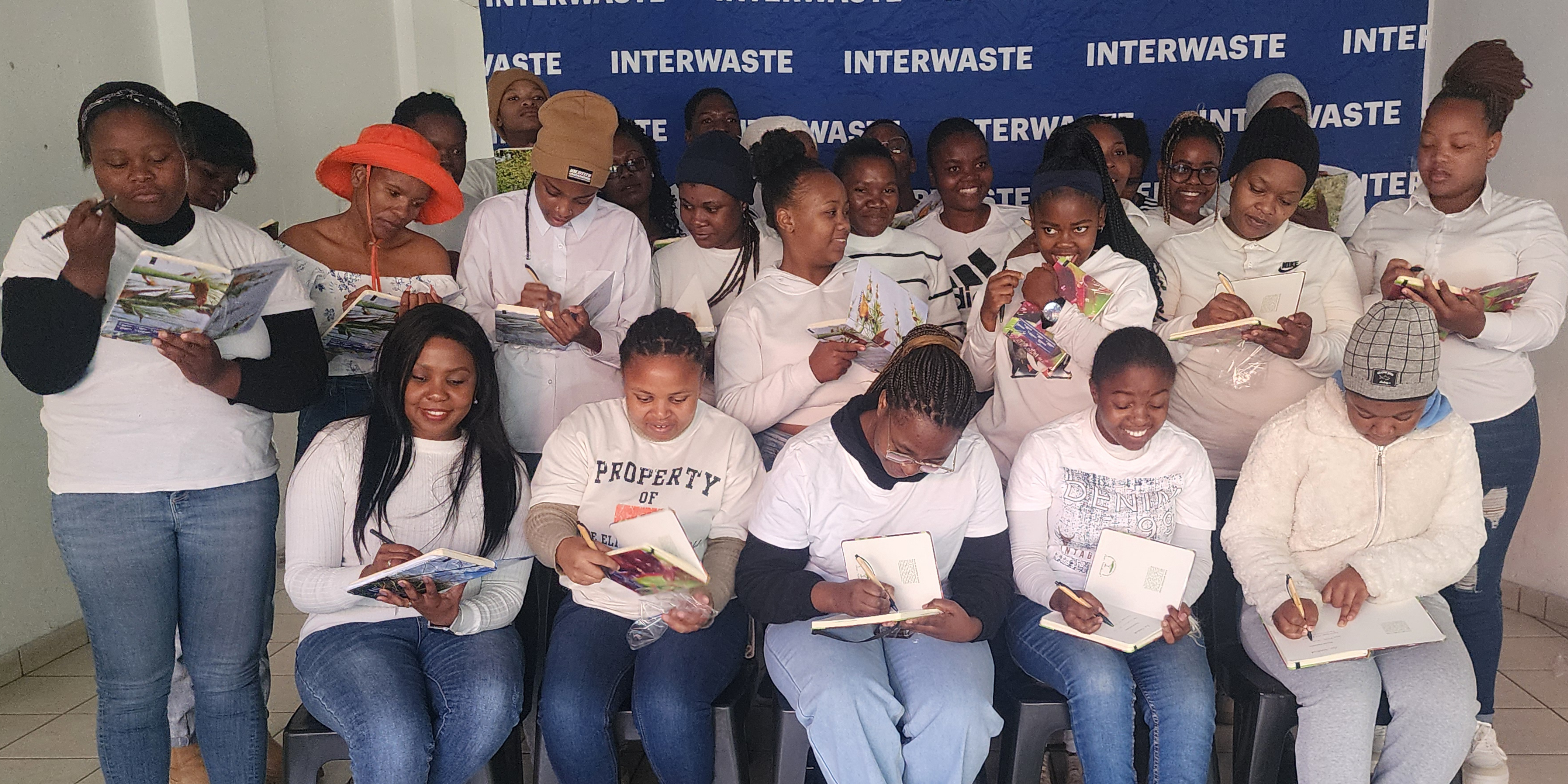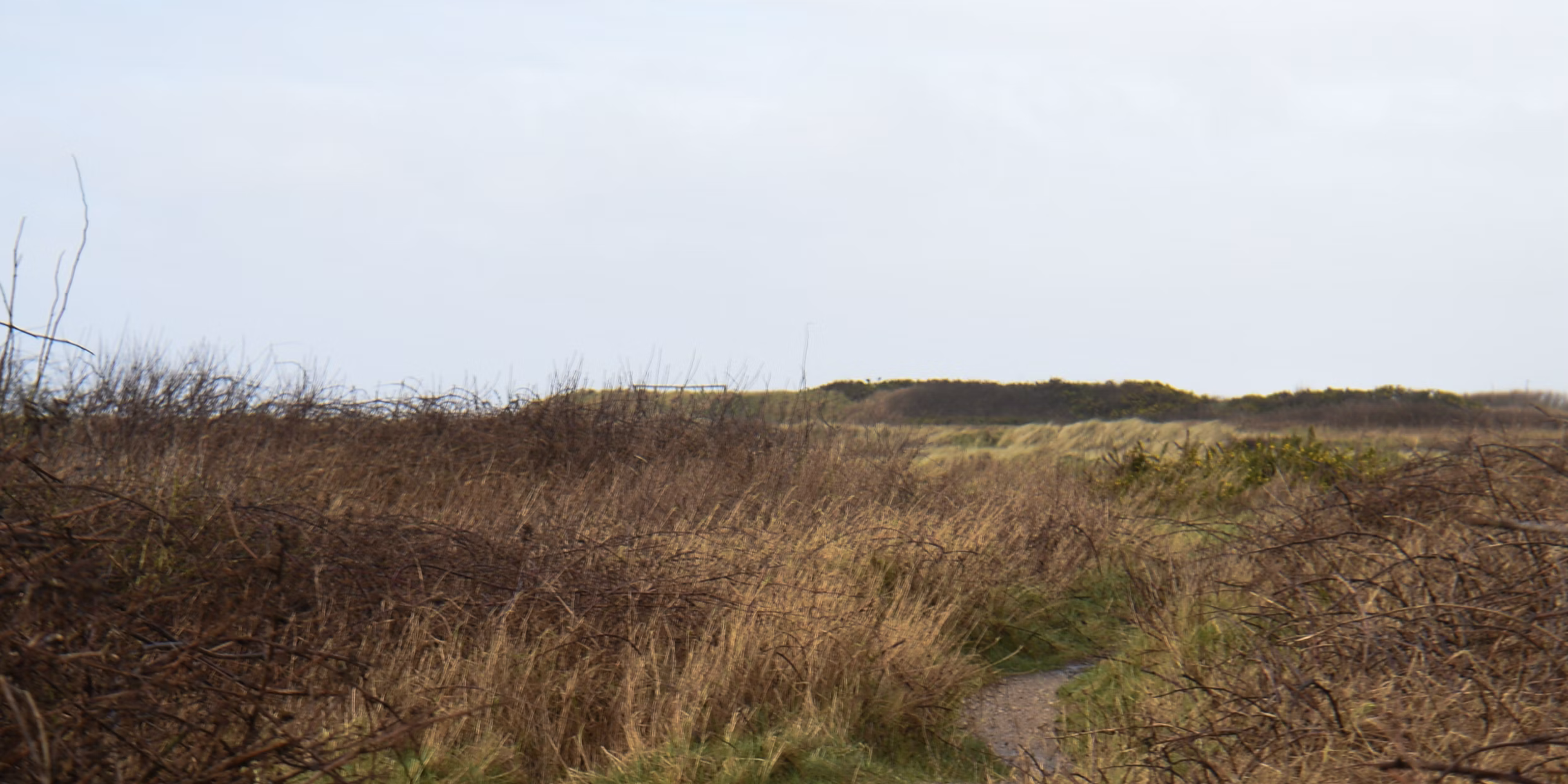South Africa finds itself at a crossroads, grappling with an ever-worsening energy crisis. This predicament is intensified by aging infrastructure and a slow transition to renewable energy sources. As the country experiences recurrent power outages, Eskom, the state-owned electricity provider, is struggling to meet the surging demand. In 2022, South Africa endured approximately 3,775 hours of electricity interruptions over 205 days, as reported by Engineering News. The situation is dire, and something needs to change.
The Challenge of Coal Dependence
A major contributor to this crisis is South Africa's heavy reliance on coal, which currently accounts for around 85% or 42,000MW of the nation's electricity, according to the International Trade Administration. The burning of coal releases substantial amounts of carbon dioxide, a potent greenhouse gas, into the atmosphere, contributing to global warming. The result of this warming is the alarming 1°C increase in the global average temperature.
Moreover, the combustion of coal releases toxic and carcinogenic substances into the air, water, and soil, posing a severe threat to the health of miners and nearby communities. Considering these environmental and health implications, the need for alternative energy sources has never been more urgent.
We need alternative energy solutions. In fact, this pressing need for alternative energy-generating solutions goes way beyond the need for households and businesses to have consistent power, but these outages also have the potential to push many South Africans further into poverty and of course stunt our economic growth. Unfortunately, the power crisis in South Africa is forecasted to continue until 2025, with blackout schedules taking about 5 years to phase out – so more bad news for businesses and consumers that are already struggling in this economy.
What other energy solutions are available?
While there has been a lot of conversation about solar and wind technology as a cleaner energy source, there is truly little conversation about waste-to-energy, and this needs to change. Using waste as an alternative energy source not only addresses the energy crisis, but also the waste crisis in South Africa.
One reliable waste-to-energy technology includes Interwaste’s Refuse Derived Fuel (RDF) - a type of fuel that is created from solid, dry, non-reusable or recyclable solid waste that is found in industrial and municipal waste streams. Using RDF in co-combustion reduces non-recyclable plastic waste, improves air quality, and reduces the use of non-renewable fuels, such as coal, gas, and petroleum.
Through this technology, Interwaste has created a fuel source with the same calorific value as A-grade coal, which can replace traditional fuels used in power, steam, and heat production plants. Additionally, as this technology solution allows us to repurpose waste to fuel, non-recyclable waste is also less likely to end up in landfills, and conventional fuel consumption is reduced – all of which is less harmful to the environment.
A Vision for a Sustainable Future
As we observe International Energy Saving Day, it's crucial to contemplate alternative energy solutions that align with responsible and sustainable energy generation. South Africa needs energy, but it needs it in an environmentally conscious manner. Interwaste's RDF technology exemplifies this commitment to a cleaner, greener future.
The innovation is not only about addressing the energy crisis; it's about promoting sustainable waste management, reducing environmental harm, and fostering economic growth. We believe that effective waste management and the repurposing of waste for a circular economy are critical pillars to addressing South Africa's challenges.
Global Perspectives on Sustainable Transition
Beyond South Africa, the world is undergoing a transition toward low-carbon energy sources. The United Nations Conference on Trade and Development (UNCTAD) emphasizes the importance of supporting green industrial policies in commodity-dependent developing countries. These policies aim to transform and diversify economies in the quest for a low-carbon energy transition.
Commodity-dependent countries, reliant on primary resources like crude oil, copper, and wheat, face unique challenges. The recent economic and political shocks, such as those triggered by the Covid-19 pandemic and conflicts like the one in Ukraine, underline the vulnerability of these nations. Furthermore, countries heavily dependent on fossil fuel exports must adapt to the rapid decarbonization of the global economy, which may involve leaving significant natural resources untapped.
Shaping a Greener, More Sustainable Future
In a global context, Interwaste's RDF technology sets an example for responsible waste management and renewable energy generation. As South Africa's energy crisis looms, our commitment to a cleaner, more sustainable future is unwavering.
Together, we can create a South Africa that is not only energy-resilient but also environmentally responsible. This International Energy Saving Day let's celebrate innovative solutions and the potential they hold in transforming our world for the better.


SUBMIT YOUR COMMENT